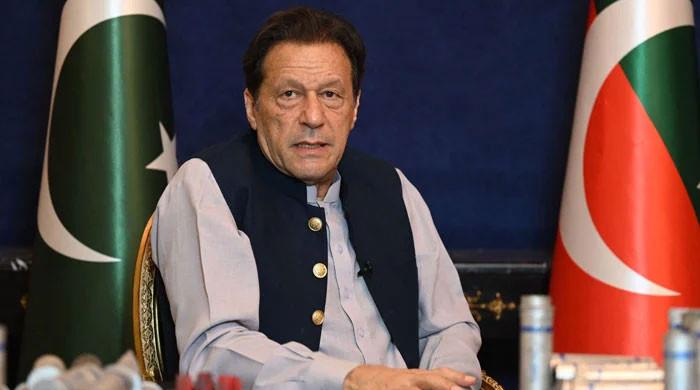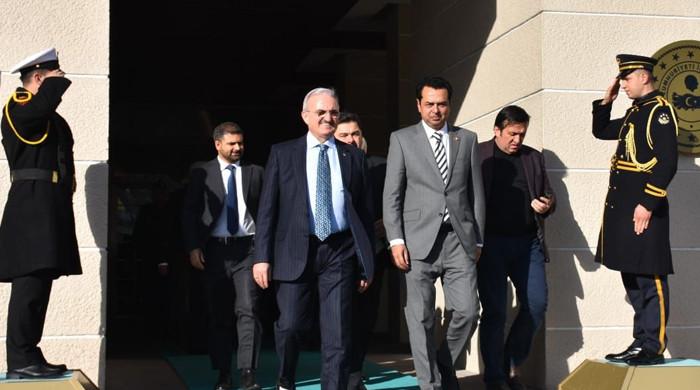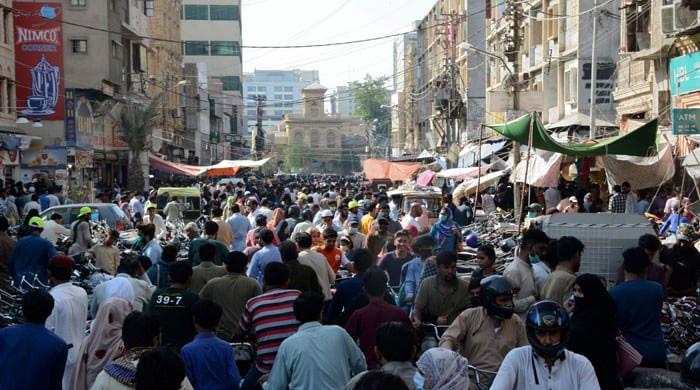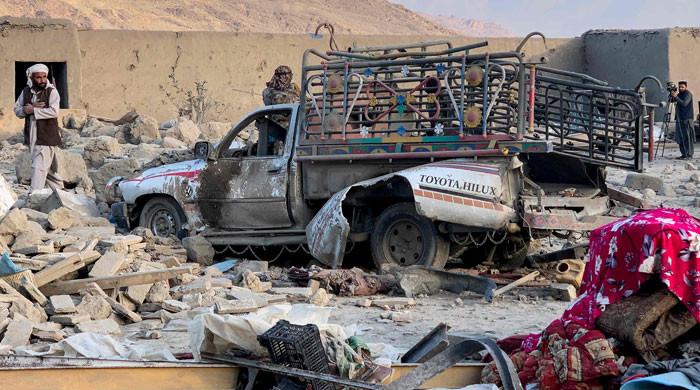‘GICA toolkit designed to seamlessly integrate into rescue processes for women's issues'
Ayesha Amin, Hira Amjad, two Pakistani women, honoured with ‘Gender Just Solution Award’
January 13, 2024
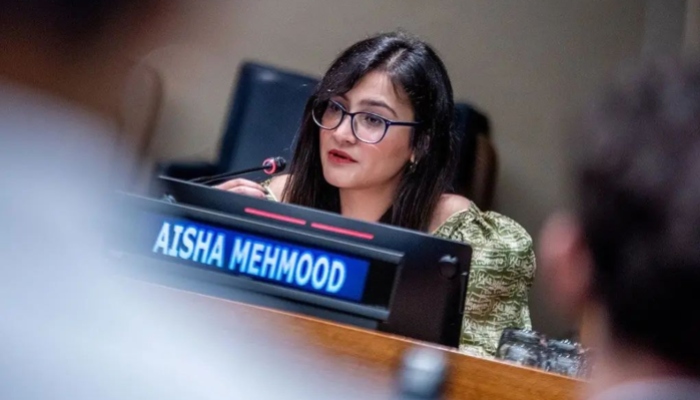
- Ayesha’s Baithak, Hira's Dastak focus on vital women's concerns.
- Their work in garnered them significant recognition.
- This toolkit is a culmination of the extensive research.
In a significant recognition at COP28 in Dubai, Ayesha Amin and Hira Amjad, two Pakistani women, were honoured with the ‘Gender Just Solution Award’ in December 2023 for their impactful contributions to climate change issues. This acknowledgement places them among esteemed global climate activists celebrated at COP conferences.
The COP28 conference, renowned for its commitment to acknowledging individuals dedicated to combating climate change, served as the perfect stage for recognising the exemplary work of these Pakistani women.
Baithak and Dastak: Agents of change
Ayesha Amin's organisation Baithak, and Hira Amjad's Dastak, focus on vital women's concerns like menstrual hygiene, pregnancy and other health issues, earning them recognition for their pioneering work. The prestigious award underscores their exceptional commitment to climate advocacy, positioning them as influential voices shaping a global narrative for sustainable change.
Both non-governmental organisations are dedicated to addressing the fundamental needs and challenges faced by women, including issues related to menstrual hygiene and pregnancy.
Innovative collaboration: The birth of the GICA Toolkit
Their work in these areas has garnered them a significant recognition, notably for their collaborative effort in developing the 'GICA Toolkit.' This toolkit is a culmination of the extensive research conducted by both organisations, serving as a comprehensive resource to tackle crucial aspects of women's health.
Geo Digital interviewed Ayesha Amin to gain insights into the GICA toolkit, delving into its nature and its potential impact on women affected by natural disasters.
Ayesha elucidated that the GICA toolkit is not a conventional product-based toolkit but rather a dynamic mechanism designed to seamlessly integrate into the rescue processes. Its unique strength lies in its adaptability, providing governments with a versatile tool that can be seamlessly incorporated into their existing rescue plans.
Emphasising the severity of damages caused by natural calamities Ayesha provided additional context. In response to the challenges faced during such crisis, she highlighted the existing dashboards within the National Disaster Management's rescue plans. Traditionally, these dashboards encompassed essentials such as rations and clothing. However, Ayesha underscored the critical need for a comprehensive plan, noting that women's issues were often overlooked in these crucial emergency response strategies.
Through the implementation of the GICA toolkit, Ayesha's organisation aimed to address this gap. The toolkit actively advocates for the inclusion of women-specific concerns within the existing dashboards. This strategic enhancement ensures that the government's rescue plan, in the event of a natural calamity, is not only comprehensive but also considers the unique health and essential needs of affected women. Ayesha emphasised the toolkit's role in incorporating items like pregnancy kits and menstrual hygiene supplies, thereby transforming the rescue plan into a more inclusive and proactive action strategy for future crises.
What is COP28's gender justice award?
According to Ayesha Amin, during the severe floods in Pakistan in 2022 that impacted around 33 million people, her organisation, Baithak, and Hira Amjad's organisation, Dastak, played a pivotal role in addressing the critical aspect of women's menstrual health. While actively engaged in rescue operations in the flood-affected regions, Ayesha observed that many women faced health complications stemming from the lack of access to essential menstrual hygiene resources.
"In recognising the vulnerability of women in Pakistan, particularly in the face of climate challenges, we identified a glaring absence of provisions for proper menstrual cycle management and the specific needs of pregnant women within the government's policies and rescue plans. In response, we initiated consultations with 40 diverse organisations dedicated to climate crisis response. Subsequently, we engaged in extensive dialogues with 5,000 women and girls to comprehend their unique needs and explore viable solutions.
"This collaborative effort led to the creation of the Gender Inclusive Climate Action (GICA Toolkit), a comprehensive action plan designed to address the distinct challenges faced by women during climate-related crises. The toolkit stands as a testament to our commitment to inclusivity, resilience, and proactive measures in ensuring the well-being of women in the vulnerable context of climate impact," Ayesha explained.
The Women and Gender Constituency and WWECF, two prominent international organisations, annually recognise innovative solutions addressing the challenges faced by women affected by climate change.
In the recent climate change conference, these organisations honoured the impactful efforts of Ayesha Amin and Hira Amjad by selecting their action plan, the GICA Toolkit, as one of the top three solutions.
Ayesha highlighted that the support from these institutions is pivotal for the expansive reach of the action plan she and Hira presented. Initially focused at the national level, the GICA Toolkit is now poised for broader impact. Following engagements at the COP conference and extensive consultations with regional policymakers, the plan is set to gain global prominence through sessions at the UN headquarters during the CSW in March. This strategic approach aims to make the toolkit accessible globally, recognising that the challenges faced by women due to climate change extend beyond Pakistan. With the increasing threat of natural disasters worldwide, it becomes imperative to address the often neglected needs of women on a global scale, emphasising the necessity for a comprehensive and inclusive action plan.




